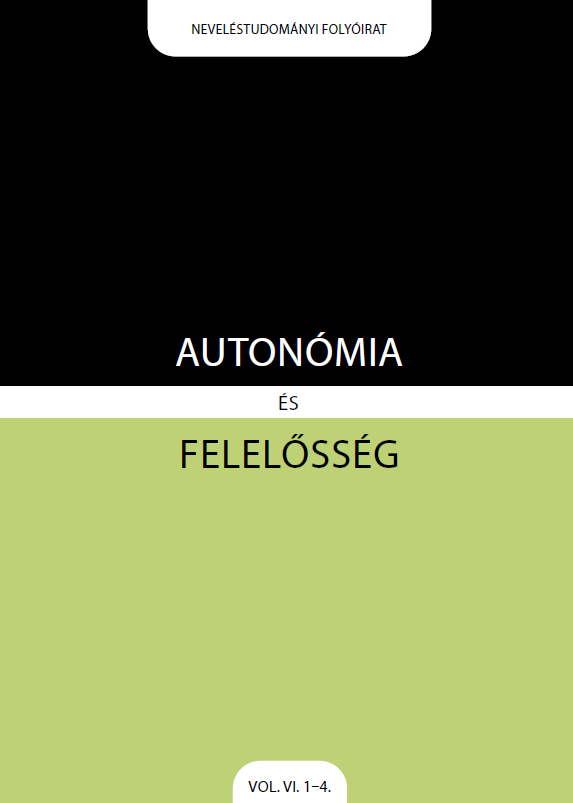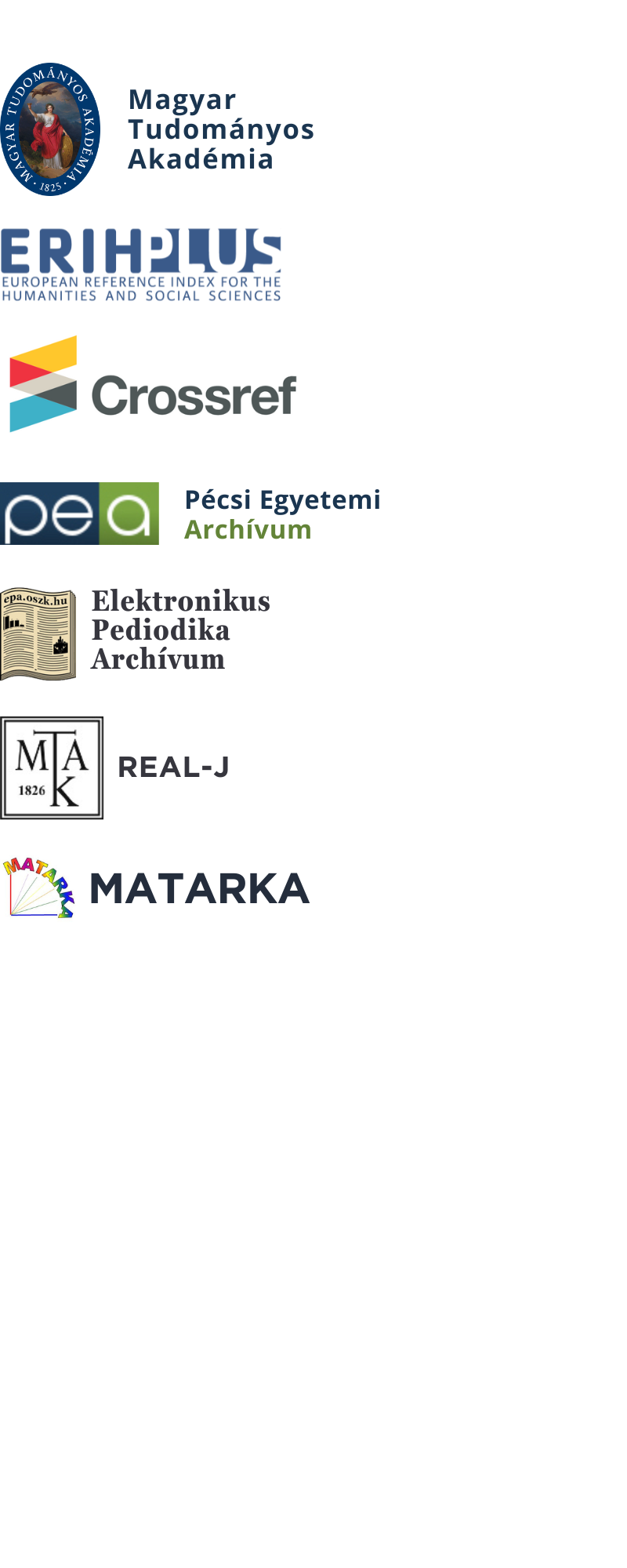Use of ICT tools in Hungarian and Hungarian-language Romanian special education institutions
DOI:
https://doi.org/10.15170/AR.2021.6.1-4.11.Keywords:
inclusive education, special educational institutions, use of ICT tools, pedagogical- technological innovationAbstract
Today, the role of information and communication technology (ICT) tools in education is becoming more widespread. Awareness of the importance of the issue among stakeholders has been greatly accelerated by the SARS-CoV-2 emergency, an immediate requirement for the transition to digital education, which in many cases has posed difficulties for schools, students and their families alike. The groups of students most negatively affected include students with disabilities in special education; in their case, the use of ICT tools for learning purposes is a particular challenge not only in the online space but also in the usual conditions of classroom education. In our research, we examine the peculiarities of the use of digital devices in special schools of Hungary and Hungarian-language special schools of Romania. The aim of the analysis is to get acquainted with the good practices applied in the two countries in this field, their background related to infrastructural, institutional and human resources, pedagogical innovation. To this end, we conducted a questionnaire survey among educators of educational institutions. We have sought to identify obstacles to the wider applicability of effective solutions and to propose ideas to create a set of conditions to facilitate the introduction of ICT tools.
Downloads
Downloads
Published
How to Cite
Issue
Section
License

This work is licensed under a Creative Commons Attribution-NonCommercial-NoDerivatives 4.0 International License.



